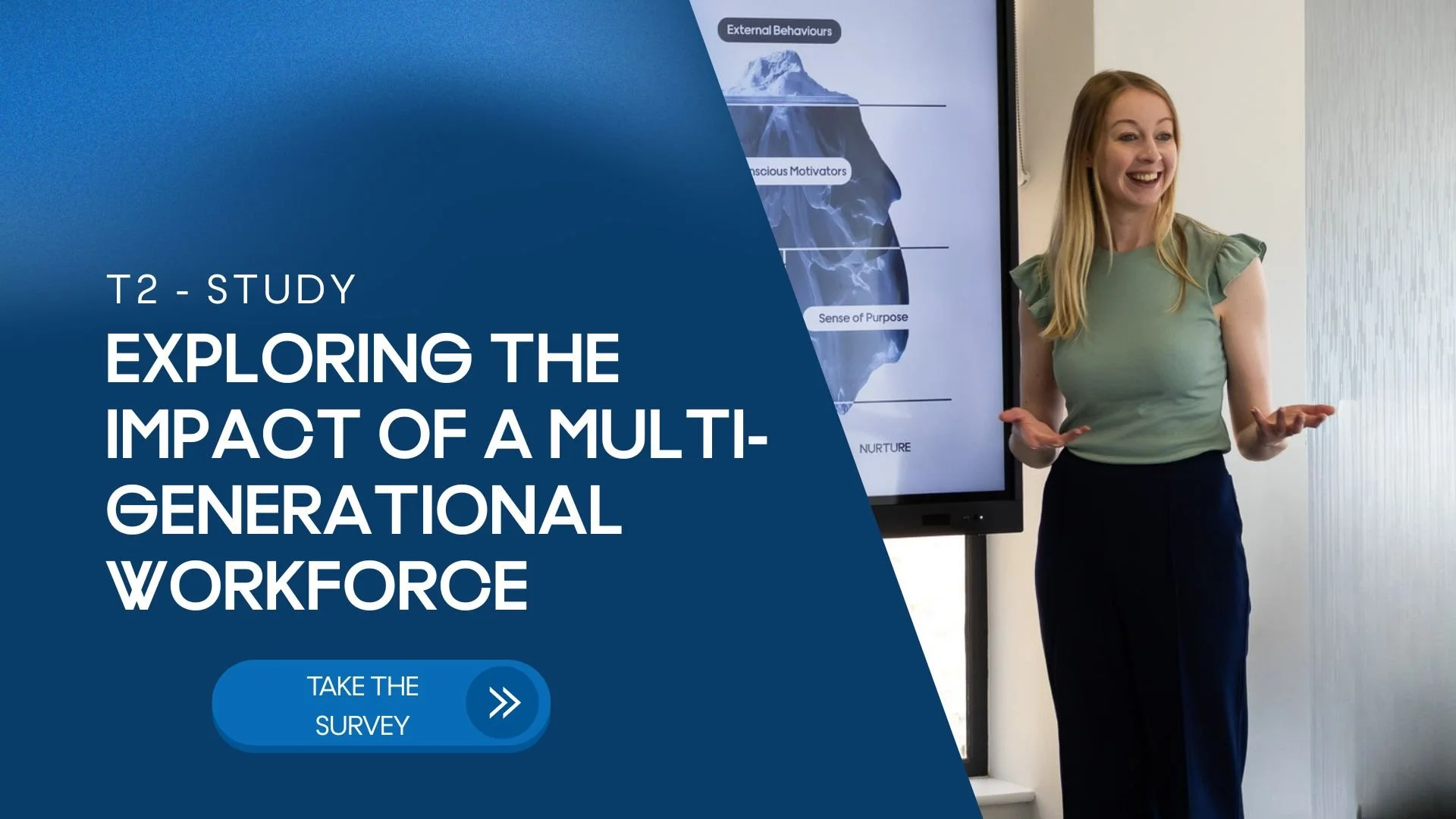Why Generational Understanding Is the Key to Better Teams, Less Burnout, and Higher Job Satisfaction
Workplaces today are more generationally diverse than ever — a unique mix of Baby Boomers, Gen X, Millennials and Gen Z often working side by side. That diversity can spark innovation and collaboration… or lead to quiet tension, miscommunication, and burnout.
At T2, we believe the difference lies in understanding.
That’s why our Director of Research & Content, Lydia English, is currently leading a new research study exploring how multi-generational workforces impact:
Organisational Citizenship Behaviours (OCBs)
Job Satisfaction
Employee Burnout
This study forms part of her qualification in Occupational Psychology with the British Psychological Society (BPS) and is designed to provide evidence-based insights for organisations navigating generational diversity.
Why This Matters
Your team might include a tech-savvy graduate who values autonomy, a mid-career manager seeking flexible balance, and a senior leader shaped by traditional career progression. Those differences aren’t just cultural — they shape motivation, stress response, and team dynamics.
In fact, a recent poll we ran: What’s the most noticeable generational challenge in your workplace?
The top result: Views on leadership, followed by remote work preferences, communication styles, and tech confidence gaps.
This tells us one thing clearly: while diversity is growing, alignment isn’t guaranteed.
What the Research Is Exploring
Lydia’s study aims to explore two things:
Direct links between generation and key outcomes like OCBs, satisfaction and burnout
How generational affiliation influences the relationship between those outcomes, for example, how a Millennial’s source of job satisfaction might differ from a Gen X colleague’s, or how burnout presents across age groups.
The Real-World Benefit for Organisations
By better understanding generational drivers, organisations can:
Tailor engagement and retention strategies more effectively
Recognise early signs of burnout in different groups
Promote cross-generational communication and collaboration
Build a culture where all generations can thrive — together
This research is open to anyone working in a team or organisation — your perspective helps build a more complete picture.
⏱️ It only takes a few minutes.
📋 Take the survey here.
Thank you for being part of the journey.



